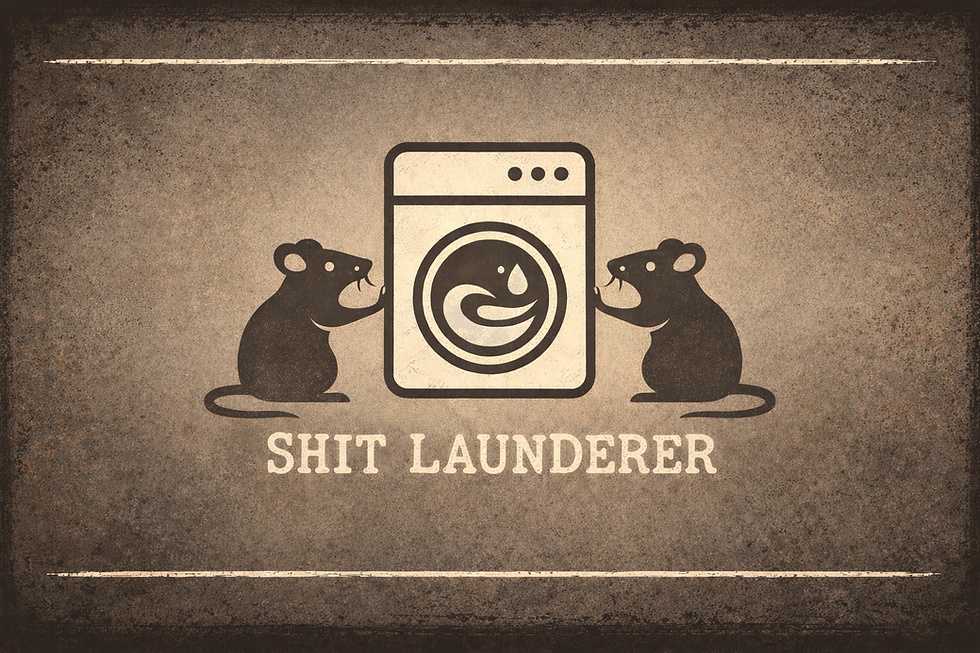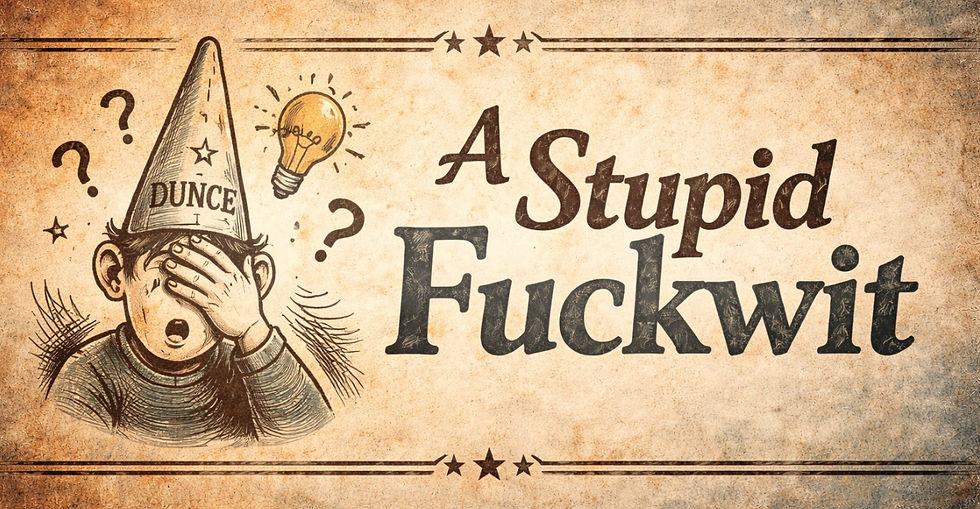Trump’s Giddiness Fades: Why He Can’t Use Kirk’s Death for His Mythos
- john raymond
- Sep 12, 2025
- 2 min read

When the news first broke of Charlie Kirk’s murder, President Trump was visibly giddy. He immediately saw an opportunity: a loyalist struck down in violence, a tragedy that might be recast as a parable of martyrdom.
Trump rushed to praise Kirk as “legendary,” “loved by ALL,” and to denounce vague “radical left lunatics.” He gestured toward vengeance, promising to track down not only the killer but “the organizations that fund” such violence.
In those first hours, Trump’s instincts were clear as day—this could be turned to his political gain, another chapter in the myth of himself as protector and avenger.
But the giddiness quickly faded. Recently pressed for detail, Trump pivoted away. His language grew thin, repetitive, evasive. He began redirecting questions back to familiar talking points—immigration, inflation, NATO—anything but Kirk.
The reason is not respect or restraint. The reason is that the Kirk murder has proven resistant to Trump’s usual machinery of exploitation.
Trump thrives when there is someone to punch down at—when he can mock, belittle, or demonize an enemy in order to elevate himself. But here, the alleged killer is no grand villain. He is a sad, pathetic young man with what the internet calls “skibidi brainrot”—a disaffected youth, unserious and damaged, defying easy categorization.
Trump cannot easily recast him as an Antifa mastermind, cartel kingpin, or shadowy deep-state assassin. There is no clean target for Trump’s perverse joy in punching the weak.
And so the story collapses under him. Kirk’s death offered some people pathos, but not the kind of spectacle that sustains Trump’s mythos. He cannot plausibly claim it as a victory, nor make himself the indispensable hero.
Now to linger too long risks exposing his impotence, the hollowness of his promises, and the grotesque glee with which he originally greeted the tragedy.
Trump thought he could squeeze political gain from Kirk’s murder. He discovered instead that the story resists him. The mythos he feeds cannot metabolize a killer who is pathetic rather than fearsome.
This is because Trump’s self-elevation requires victims and villains he can exploit. Here, he found neither.
And so Trump pivots away, leaving behind the awkward silence that proves the limits of his own spectacle.






Comments